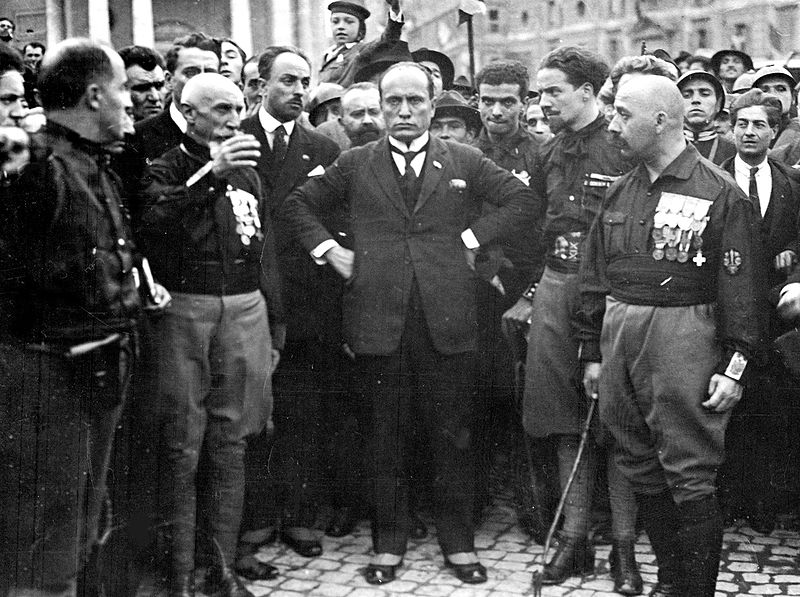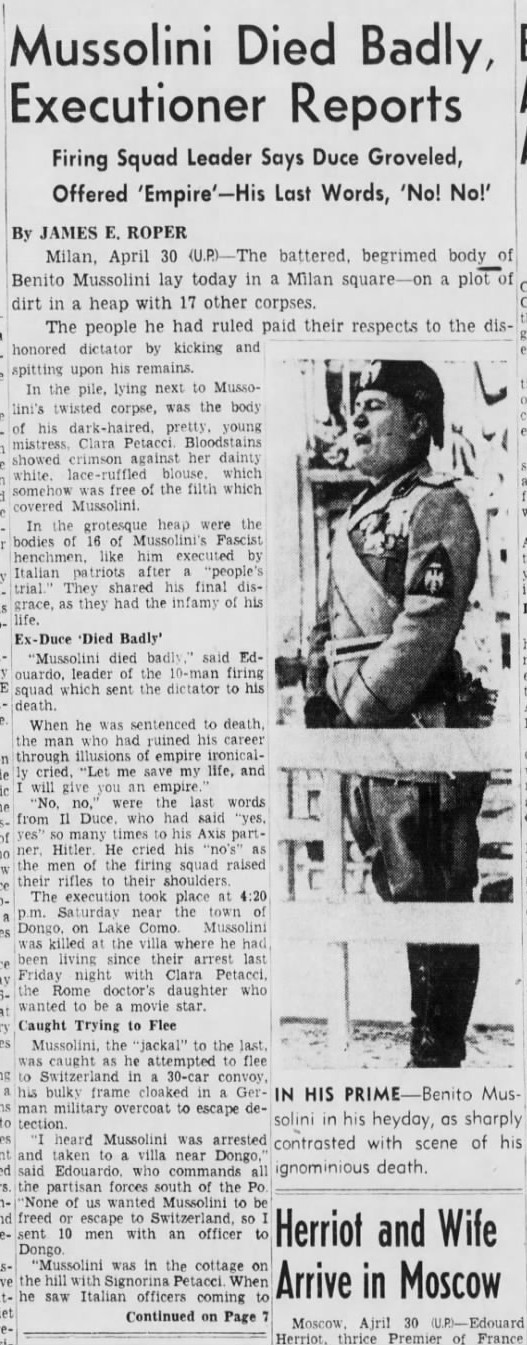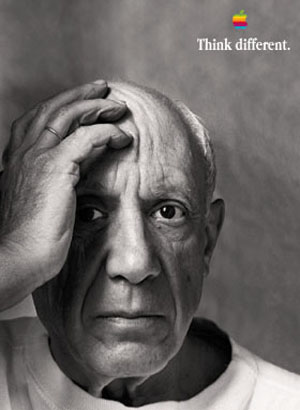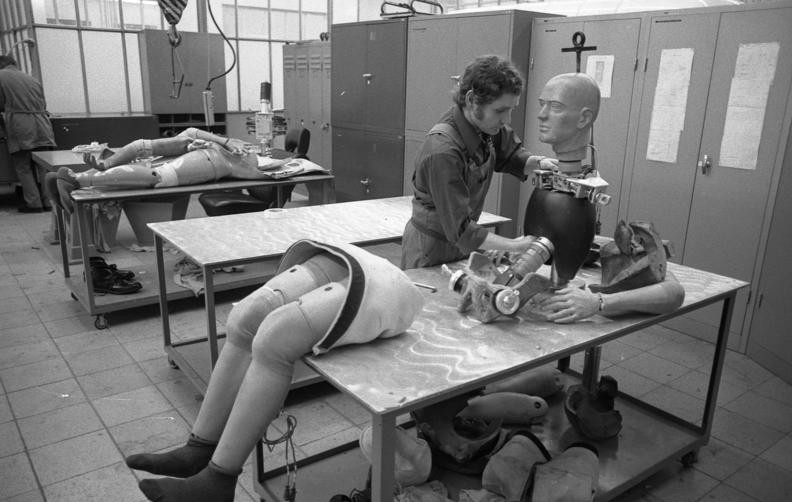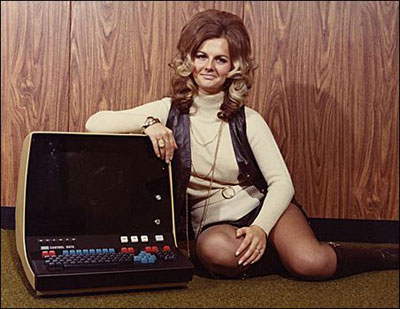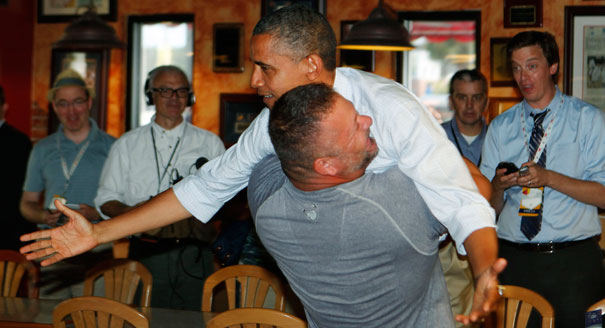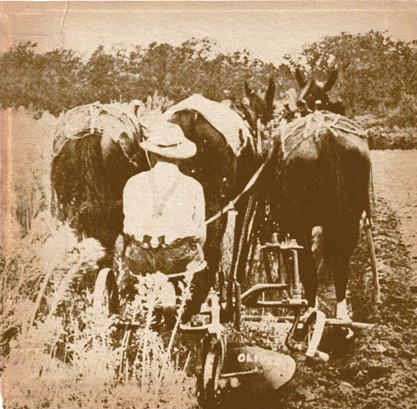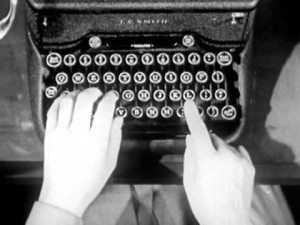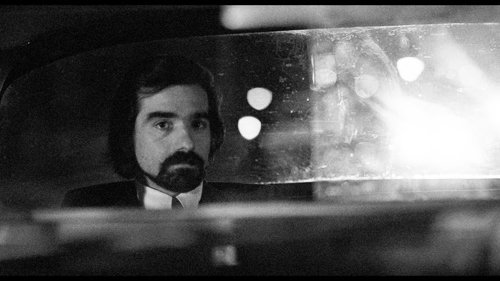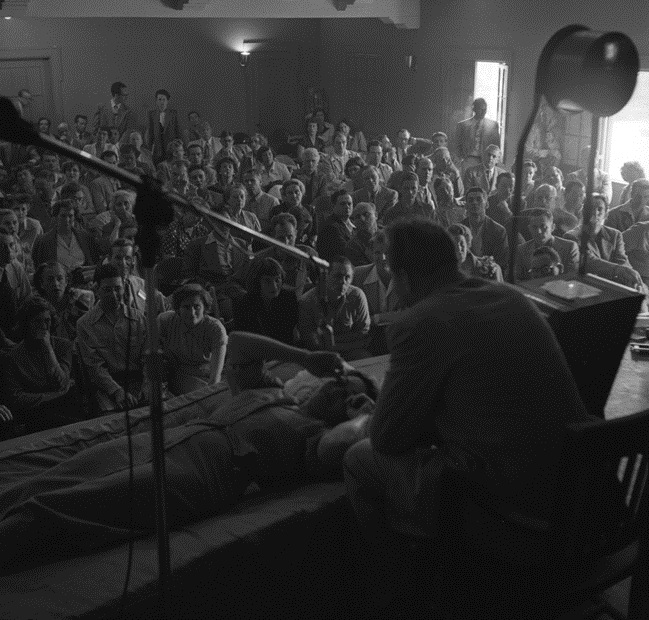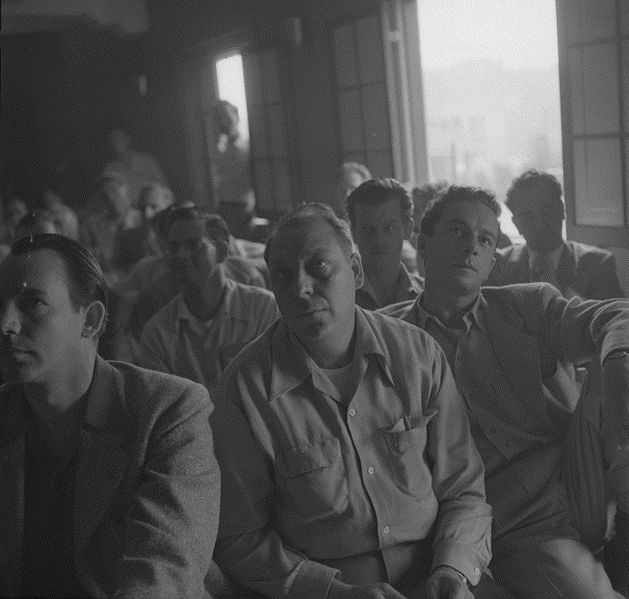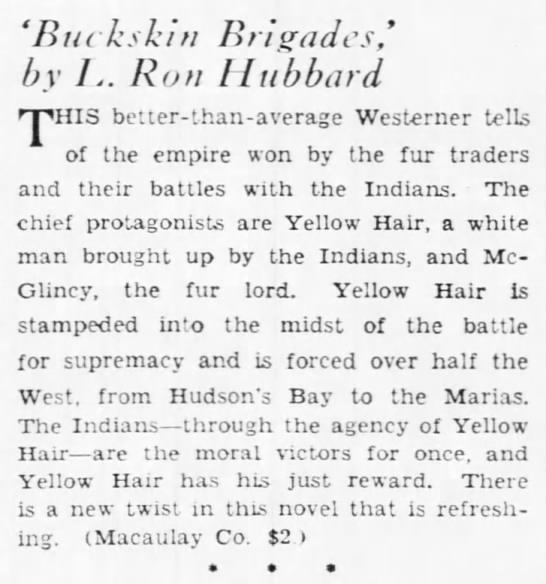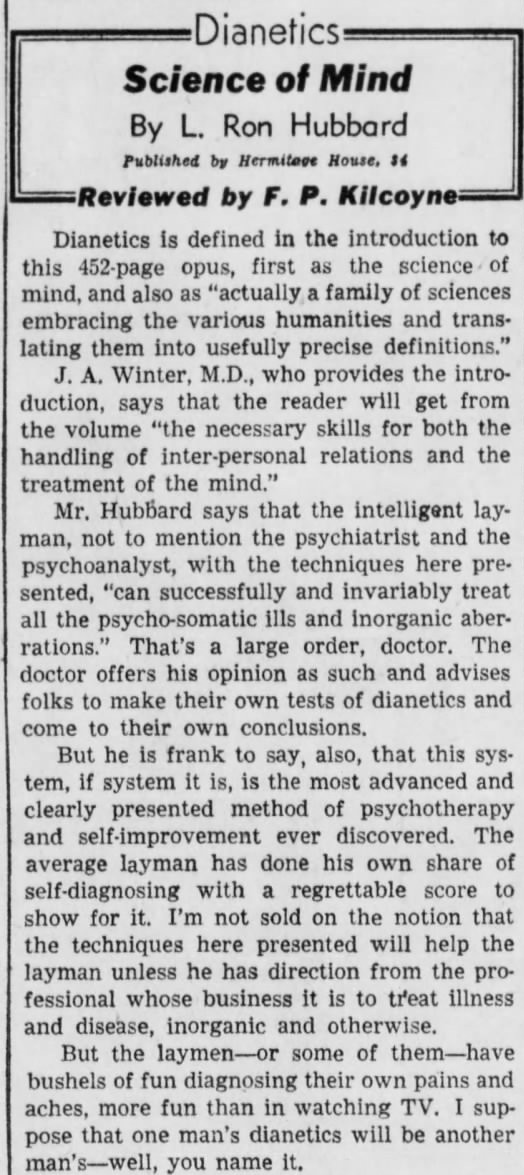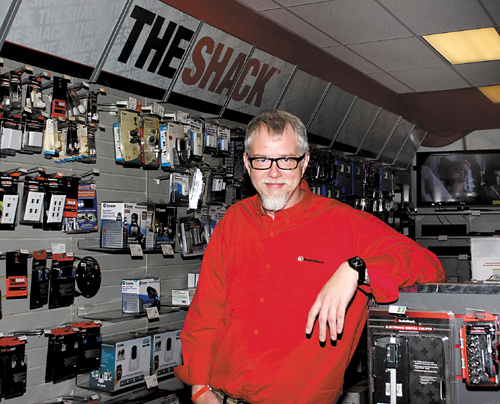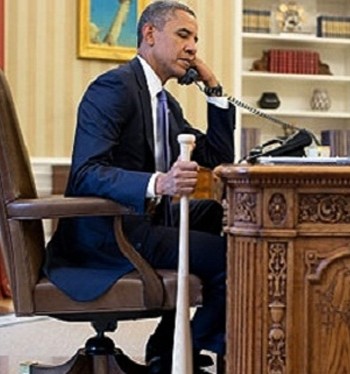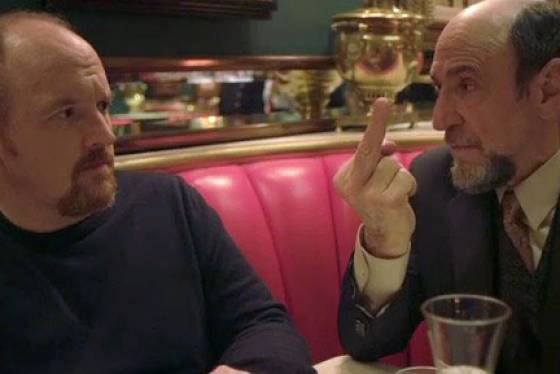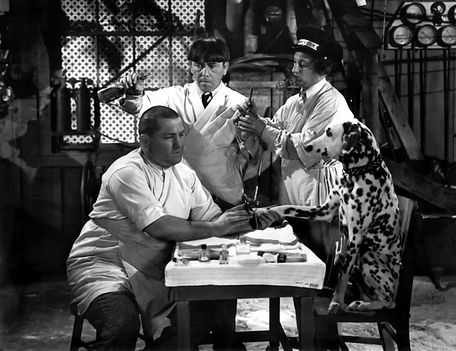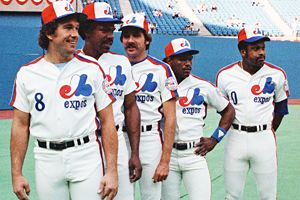
Baseball doesn’t make me happy or sad regardless of won-loss records, which could make it seem like I’m not really a fan, but I am. It’s just a wonderful distraction, and I love it for its lack of consequence. It was a different thing to me as a kid, but that’s what it is now and evermore.
But one point that does pain me is the way MLB ran the Montreal market into the ground, seemingly salting the infield dirt on the way out. Such a beautiful and strange city–and unis! And I will always have the childhood memory of seeing Donald Sutherland, that Expos fan, at Shea Stadium for a Montreal road game, when I was too young to fully appreciate who he was. (Little Kiefer, I believe, was there with him.)
Last Spring when my Mets faced the Toronto Blue Jays in Montreal, it was a test run of sorts for something that had all but been given up on until recent years: the game’s potential return to North America’s un-Paris. In a piece in The Walrus, Adam Gopnik writes about his intensely personal connection to the bygone ballclub. An excerpt:
“What made the Expos special? First, and most important, it was their look, their logo. Jerry Seinfeld said, memorably and accurately, that when we root for pro sports teams we’re really rooting for clothes, since the players have no real connection to the teams, and they change allegiances at the flick of an additional zero. But to say that we are rooting for laundry is to say, in another sense, that we are rooting for flags. Team colours—the Dodgers blue, the Yankees pinstripe, even the Maple Leafs maple leaf—are the heraldry of the cities in which they play. Since cities are the largest unit for which we can credibly claim the emotions—love, attachment, patriotism—that nationalists annex to nations, the laundry our hired athletes wear assumes an outsize symbolic importance. The uniforms of teams become the flags of towns.
All of this to say, simply, that the Expos had a great flag. Their tricoloured uniform and cap—red, white, and blue in neat pinwheeling form—remain hugely popular to this day, long after their demise. A circus cap, a bowling team logo—everything that was said against it was part of what gave it charm. It was the rare heraldic symbol that refused to take itself entirely seriously. And yet, truth be told, from a pure design perspective it wasn’t all that hot. It was a kind of triple pun: a stylized evocation of a ball and glove, which also spells out M-B-E, perhaps indicating ‘Montreal,’ ‘Baseball,’ and ‘Expos,’ but also seeming to suggest C-B, the initials of Charles Bronfman, the majority owner and Seagram heir. Still, the logo didn’t have to be articulate to be affecting. Whatever it meant, it meant Montreal.
The team’s colours were the same as those of the Canadiens: Montreal, like Luke Skywalker’s Tatooine, was a planet with two suns, and the Habs were always much the brighter. But where the Canadiens’ colours evoked turn-of-the-century amateur athletic clubs, on the Expos they had a pleasingly elementary look, like a kindergarten’s collective ideal of a baseball cap. The Expos always acted as the happy-go-lucky younger brother to the Habs’ grim older one, burdened as the Canadiens were with the eldest sibling’s duty to win, and win again. The Habs were serious; the Expos were not.
In those days, the Habs were more of a church than a club. Tickets to the Forum were as hard won as tickets to an audience with the Pope, and the atmosphere inside the arena was quiet, brutal, and expectant. I still recall, having somehow found a ticket for a game in 1971, jumping up and down when Claude Larose—Claude Larose!—scored; a man one row back asked me, in French, never to do so again. No one had trouble finding a seat for the Expos, and no one minded when you jumped up and down, even if it was for no reason at all.
And then there was a certain magic to the choice of the name, which was part of the legacy of Expo 67 itself, and redolent with the charm of a certain moment in Montreal history. The hangover of Expo 67 was more than merely positive—Expo was the last great world’s fair, the finale in a great sequence that began in the mid-nineteenth century and briefly turned mercantile cities into celebratory ones. Even in the mid-’70s, the nationalist pop band Beau Dommage could still sing of Expo positively: ‘En soixante-sept tout était beau / c’était l’année d’l’amour, c’était l’année d’l’Expo / chacun son beau passeport avec une belle photo’ (‘In sixty-seven everything was aglow / it was the year of love, it was the year of Expo / everyone had a beautiful passport with a beautiful photo’). Everything at Expo worked, and everything was wonderful. The Expos name carried that triumph onto the ball field.”

